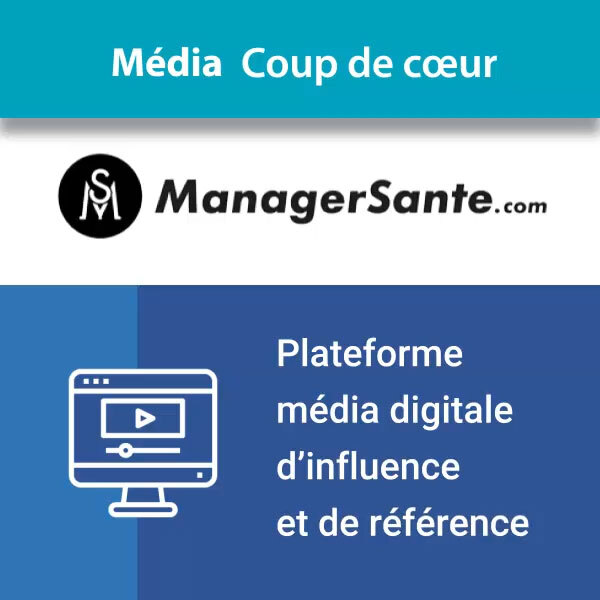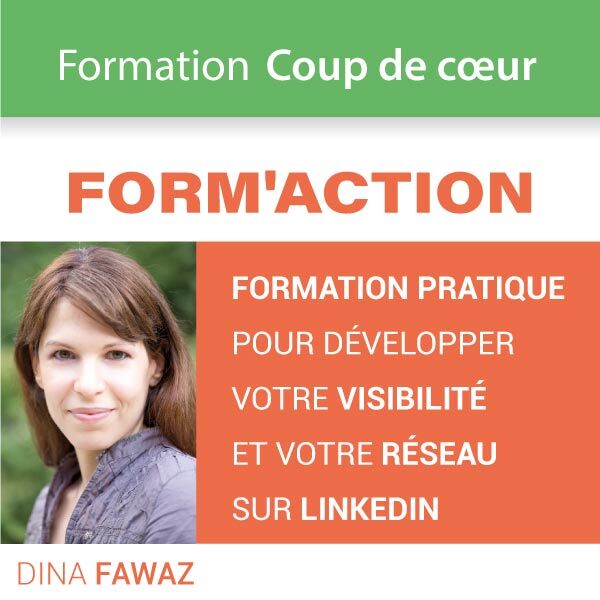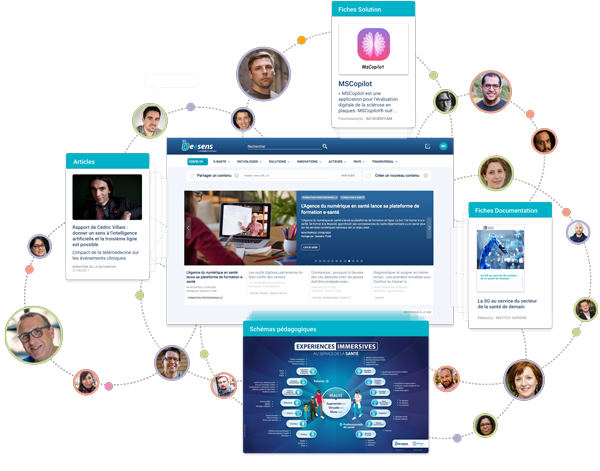"Building a successful digital health business involves several strategic steps, as illustrated through the lens of six digital health start-ups.
Established companies in the life sciences, technology, and retail sectors are among the businesses entering the digital health market, along with thousands of start-ups. All seek to create value by applying technology to address the current issues in the delivery and management of healthcare. From our experience in business-model innovation and business building, we believe there are six interconnected building blocks required to build a scalable business (Exhibit 1). To illustrate how these elements apply to digital health, we interviewed six leaders of digital health companies to distill their experiences into key learnings.
Although many digital health products and services feature cutting-edge technology, innovative technology alone does not ensure success. The starting point, therefore, must be to identify an unmet need of a stakeholder within the healthcare system.
The online-therapy platform developed by Ieso Digital Health, for example, addresses a shortage of cognitive behavioral therapists in the United Kingdom, where waiting lists for appointments have been as long as 18 months. Hello Heart, an app designed to help patients manage hypertension and overall heart health, was born out of the experience of its founder, Maayan Cohen, who struggled to find easily digestible healthcare information personalized to her specific needs while caring for a loved one. Recognizing the need for such functionality in managing cardiovascular disease, her company set out to help people by presenting them clear, personalized information. “We started with heart health because it is one of the biggest problems in the world,” explained Jesus Bermudez, head of strategic planning. “It [heart disease] is a silent disease; you don’t feel it, you don’t see it, but 42 percent of adults suffer from it, and it’s the number one cause of death worldwide.” Meanwhile, uMotif, which captures the health data of patients on clinical trials, emerged from the need for closer and easier scrutiny of patients’ symptoms and adherence to treatment..."
Lire la suite
Moving digital health forward: Lessons on business building
mc kinsey, 13/01/2021
Partagé par :
Beesens Teams

Informations liées
Thématiques
Start-up
Structures
APPLE
FITBIT
FDA
Pear Therapeutics
Faire de la santé le fer de lance de l’adoption de l’intelligence artificielle en France
FUTUROLOGIE-LEMAG,
Partagé par : Seddik Touaoula
Vers une IA capable de créer des virus ? OpenAI tire le frein d’urgence
SCIENCE-ET-VIE,
Partagé par : Seddik Touaoula
Emmanuel Frenehard (Sanofi): "La courbe d'apprentissage de l'IA est dure"
TIC PHARMA,
Partagé par : Awatif Taoufik
Poppins et la dyslexie : une thérapie numérique
YOUTUBE,
Partagé par : MERYEME CHIBOUB
Membres Premium A la une
Coach professionnelle certifiée / Formatrice
Fondatrice - KoKrea conseil
Human & IT - Collaboratif & réalité virtuelle
Associée KOS AVOCATS en e-santé


















